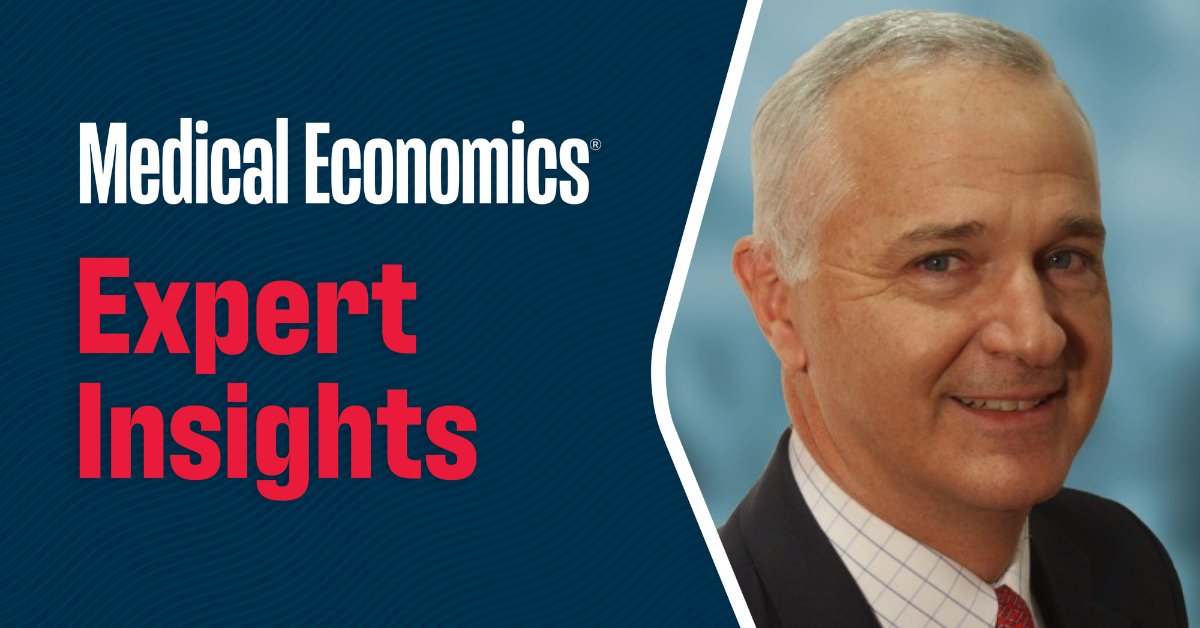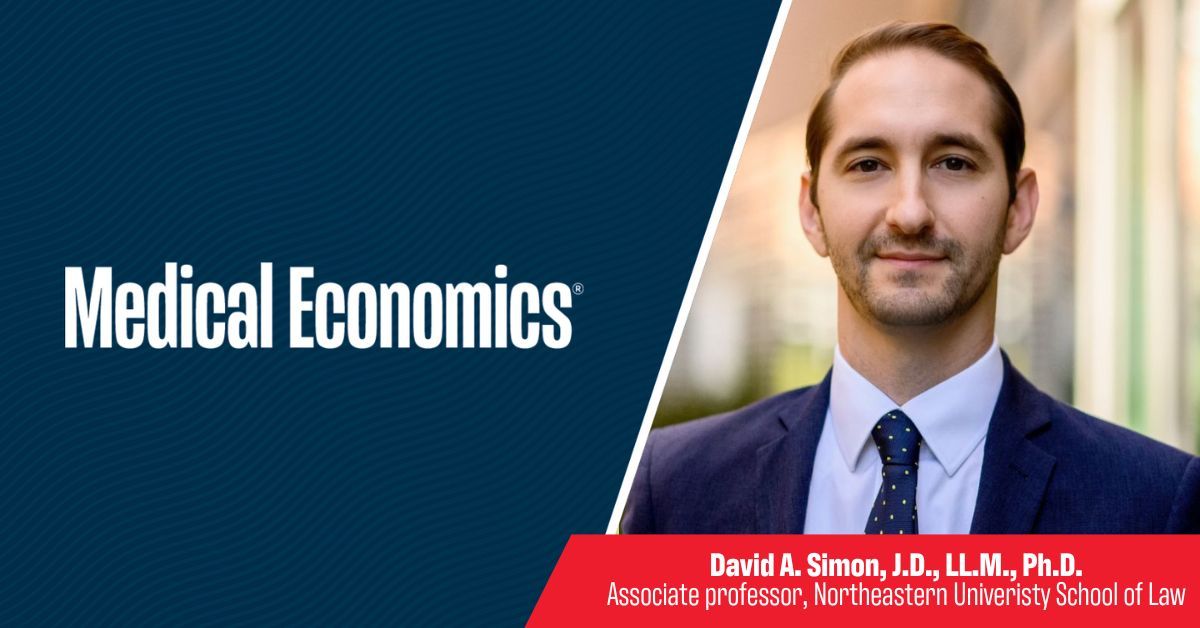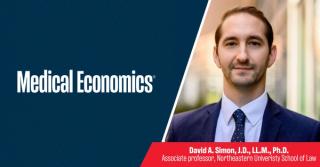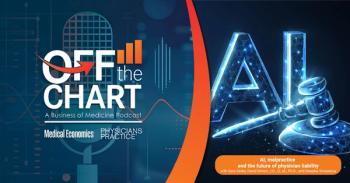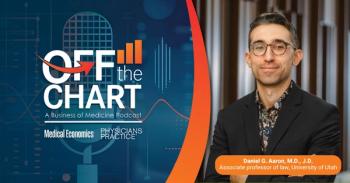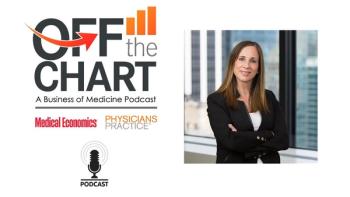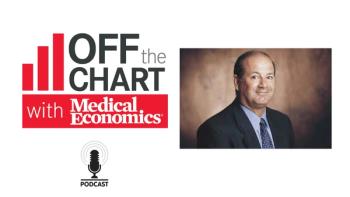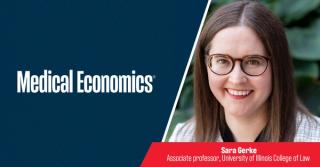
Malpractice
Latest News
Latest Videos

Shorts
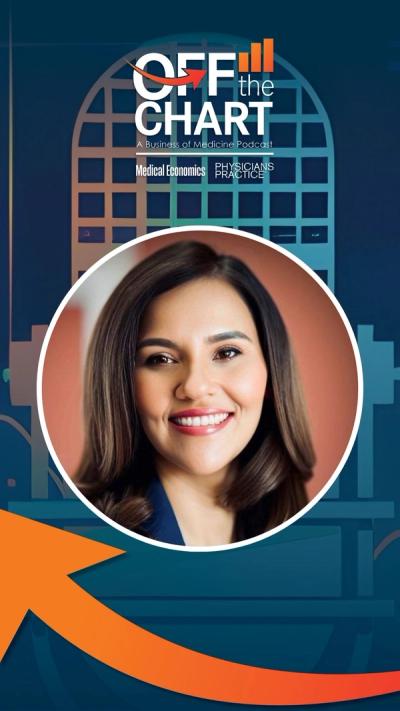
Podcasts
CME Content
More News
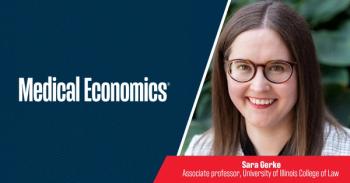
Sara Gerke explains why jurors may soon see following an AI recommendation as the “reasonable” choice, even when it diverges from traditional medical standards.
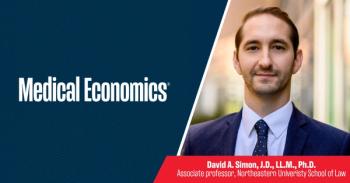
David Simon, J.D., LL.M., Ph.D., explains why AI outputs are unlikely to define medical negligence — unless courts first determine that the AI itself represents the standard of care.

David Simon, J.D., LL.M., Ph.D., examines the unresolved gray areas between physicians, hospitals and AI manufacturers when errors occur.

Drawing from past device litigation, David Simon, J.D., LL.M., Ph.D., outlines how product liability claims against AI developers and device makers may mirror — and expand upon — traditional malpractice law.

David Simon, J.D., LL.M., Ph.D., discusses how AI could gradually reshape the legal definition of the “standard of care," and what happens when not all physicians or systems have equal access to these tools.

David Simon, J.D., LL.M., Ph.D., explains why the first clues to artificial intelligence malpractice law may come from outside of medicine — including recent verdicts in the autonomous vehicle industry.

Sara Gerke of the University of Illinois explains how artificial intelligence is already challenging malpractice law — and why unclear liability could slow safe adoption.
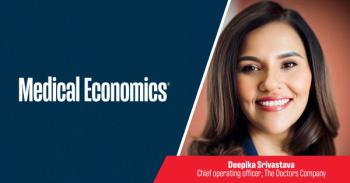
Deepika Srivastava of The Doctors Company breaks down how AI is transforming medical malpractice — from shifting standards of care to new liability risks — and what physicians must do now to stay protected.

Deepika Srivastava of The Doctors Company discusses how AI is transforming medicine — and why physicians must stay engaged as the technology evolves.

Deepika Srivastava of The Doctors Company explains how malpractice insurers can guide physicians through the legal and clinical challenges of AI.

Deepika Srivastava of The Doctors Company explains how open communication and patient consent can reduce malpractice risk when using AI tools.

Deepika Srivastava of The Doctors Company explains how insurers are beginning to adjust coverage as artificial intelligence tools become more common in medical practice.

Deepika Srivastava of The Doctors Company outlines the most practical steps physicians can take to mitigate legal risk when using AI tools in patient care.

Deepika Srivastava of The Doctors Company explains why the legal system is still catching up to artificial intelligence — and how future court cases could reshape malpractice law.

Deepika Srivastava of The Doctors Company breaks down the unanswered question at the heart of AI-related malpractice: who’s responsible — the physician, the health system or the technology company?

Deepika Srivastava of The Doctors Company explains why the rise of AI in medicine is outpacing the legal system’s ability to manage its risks.
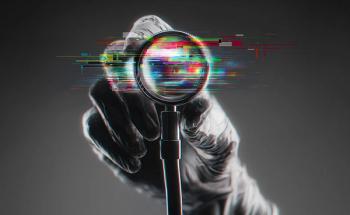
Artificial intelligence is entering exam rooms faster than malpractice law can keep up. Here’s what physicians need to know about how to use these tools without inviting avoidable risk.
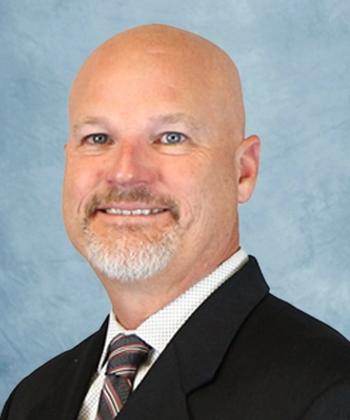
As cyberattacks grow more sophisticated, physician practices face mounting risks that can jeopardize patient trust, data security and financial stability.

The Doctors Company warns economic and social inflation are driving higher malpractice costs, fueled by large verdicts and litigation financing.
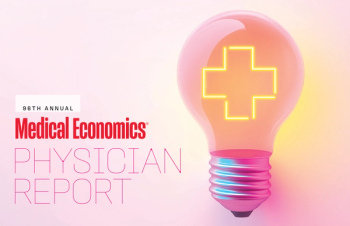
Our 96th annual Physician Report goes beyond compensation to examine how financial strain, payer complexity and legal risk are shaping the future of medical practice.

A physician and health care attorney breaks down the American Law Institute’s recent restatement of the law of medical malpractice.
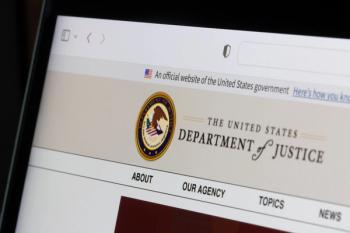
U.S. AG Pam Bondi: “Dr. Moore gave his patients a choice when the federal government refused to do so.”
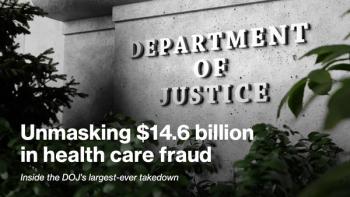
From ghost patients and fake genetic tests to DME laundering rings and opioid pill mills, the DOJ’s 2025 health care fraud crackdown paints a sobering picture of a system under attack — and a federal response gaining traction.
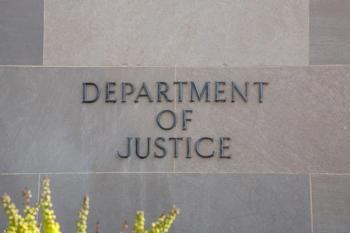
Justice Department charges 324 defendants, including 96 licensed medical professionals, in sweeping nationwide takedown that reveals a surge in transnational, telehealth and opioid schemes.
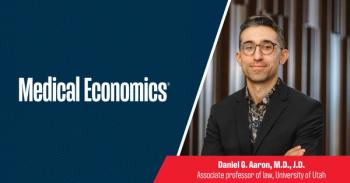
Daniel Aaron, M.D., J.D., an associate professor of law at the University of Utah, explains how the American Law Institute’s new standard may gradually influence courts and legislatures across the country.

